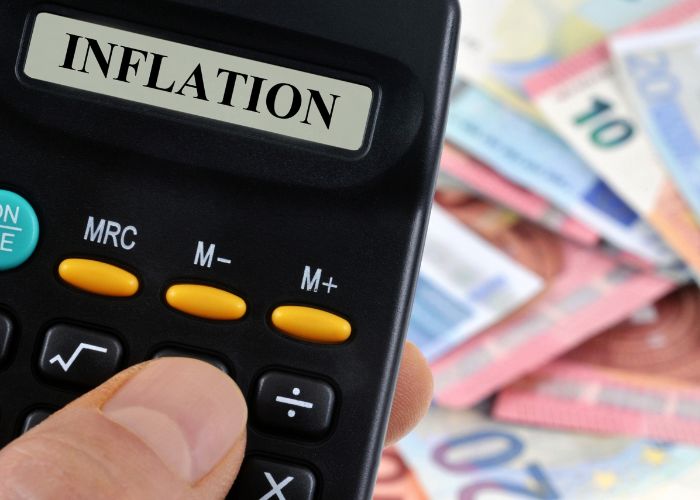MADRID – As a result of falling petrol prices but rising electricity prices, inflation fell slightly to 10.4% in August. In July inflation was 10.8%, the highest since September 1984.
The progress indicator was published Tuesday by the National Institute of Statistics. The slight fall in the CPI, even though prices of electricity, food and restaurants have driven up inflation, can be explained by falling fuel prices. In August, these prices still rose. The inflation rate now reported is the highest in 38 years.
See also: Inflation in Spain highest in 40 years in July
Economic Affairs Minister Calviño said in a reaction to the figures on TVE that the government expects inflation to continue to fall in the coming months. The economist José Moisés Martín seems to agree. He told radio station SER: “Unless we have any surprises and apart from a possible solution to the problem of Russian gas, it is normal that we see a slight decline in general inflation in the coming months”. Martín attributes this moderation to recession fears and central bank actions. However, he predicts that core inflation will continue to rise for a while.
Core inflation
Core inflation (excluding unprocessed foods and energy products) rose three-tenths to 6.4% in August, a rate that, if confirmed, would be the highest since January 1993.
The problems of a farmer with skyrocketing inflation
SER uses the example of farmer Antonio Pino to provide more insight into the problematic side of inflation. This farmer has a small family farm for the production and sale of vegetables in Cabra (Córdoba), and is suffering acutely from inflation: “Electricity, fuel, fertilisers, everything has increased… which means that the profit margin that is already small still gets smaller”. Keep in mind that farmers do not determine the prices at which they sell their products, but that the product is worth what the market pays. Farmers repeatedly sell at a loss. “You are forced to sell perishable products for what they give”. An untenable situation for many farmers if this continues.
The most expensive electricity in history
August ends as the month with the most expensive electricity in history, with an average price on the wholesale market above 290 euros per megawatt/hour (MWh). As a result, the average electricity bill this month exceeds 110 euros.
See also: Inflation Europe reaches historic record with even higher prices in Spain
However, the situation is not the worst in Europe thanks to the Iberian exception. France, for example, was the EU country with the highest electricity price on Tuesday: almost €1,000 per megawatt hour. This Tuesday, electricity in Spain will rise to €459.4/MWh, the third highest price.
“Emergency intervention” of the energy market by the EU
With this kind of electricity prices, the European Union has taken a radical turn in its policy and announced an “emergency intervention” in the energy market. According to EU President Úrsula von der Leyen, the aim is to prevent Russia from setting energy prices. Spain has been asking for this proposal for months.
“A Year Has Been Lost”
Teresa Ribera, the third vice president of the government and minister for the Ecological Transition, welcomed this message that Brussels is open to intervening in the electricity market, but also criticised “that a year has been lost”.


